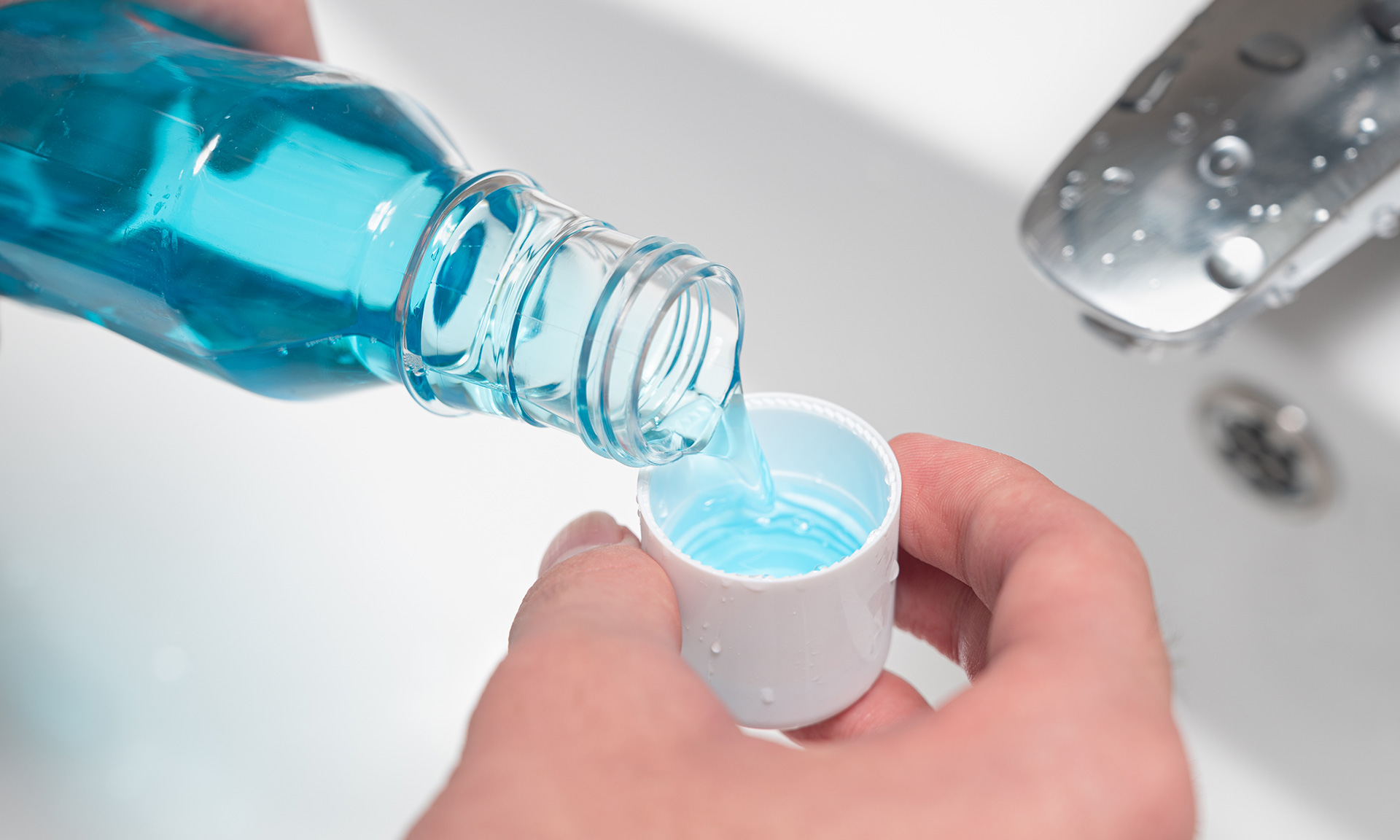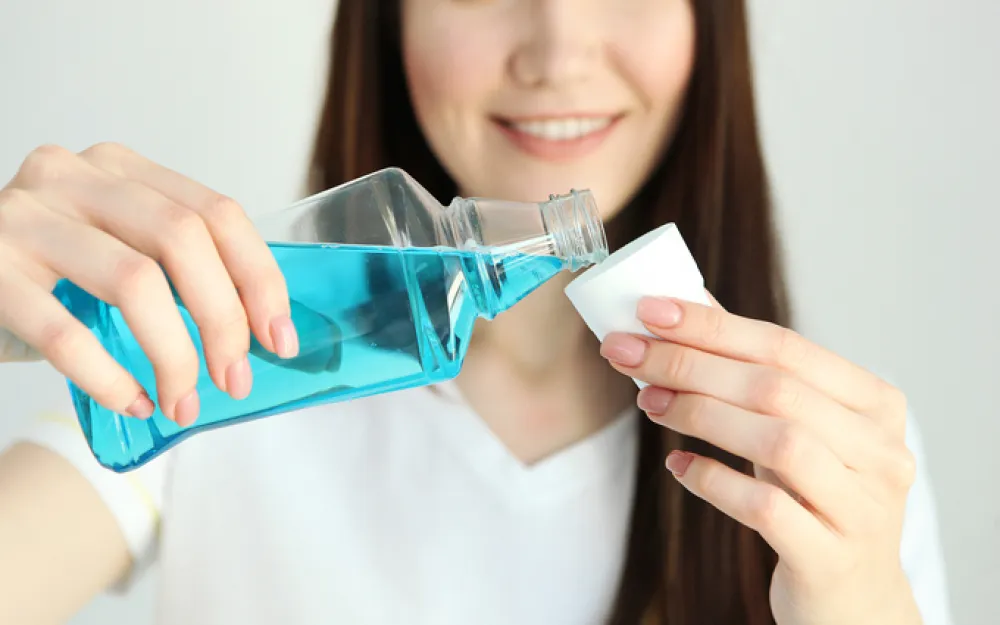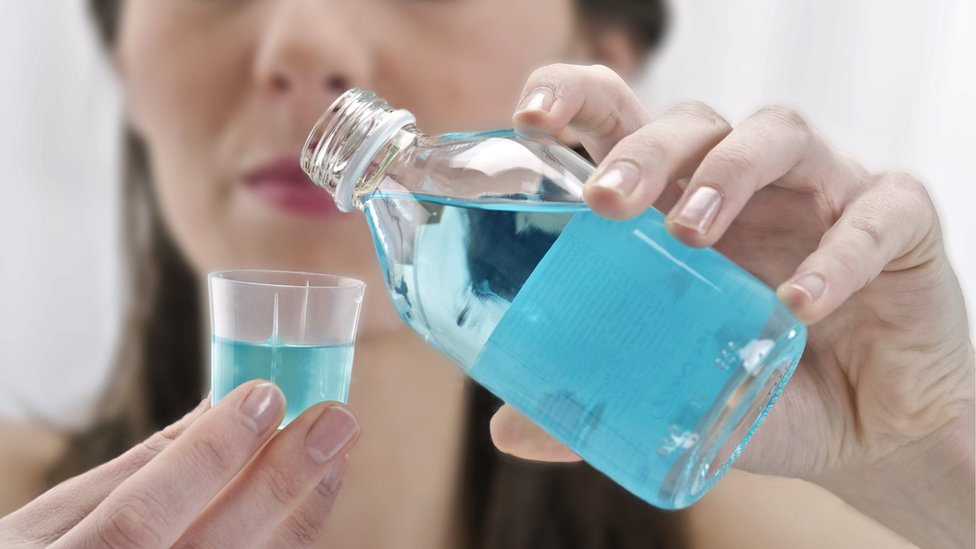While the notion of drinking alcohol would be unappealing to most, some with a penchant for alcohol look favorably to the idea. Despite the dangers associated with mouthwash consumption, the product is readily available to those who might not have access to liquor. That’s whether the stores are closed or the individual isn’t of age.
The substance contains roughly “10 percent alcohol by volume,” an adequate amount to intoxicate an individual if that’s their objective. Most wine and beer fall below this level making mouthwash popular for anyone suffering from alcoholism. It’s affordable, sold virtually anywhere, and you don’t need an ID.
That puts minors in danger of severe health risks, plus developing a worse alcohol habit over time. It’s easy for the teen to hide from parents and other authority figures since it appears harmless. Drinking mouthwash isn’t something many would consider a threat to their child or a habit for someone close to them.
A red flag, however, for a parent or a close friend or relative is to see them always carrying a mouthwash bottle and becoming defensive if you question the need to do so. This could be a sign of a serious problem with the potential for major health consequences. That means getting help sooner rather than later.
Table of Contents
ToggleWhy People Drink Mouthwash

Some might initially find the idea of people drinking mouthwash unserious. However, the ones consuming the product are often desperate to find an alcohol source since they’re dealing with a use disorder, causing them to resort to drinking whatever might contain sufficient alcohol to give them the high they seek when they need it.
If they don’t have liquor in the middle of the night and need a fix, mouthwash might be their only option. Perhaps, they run out when the stores are closed, or maybe they’ve gone into the hospital, gone to jail for a DUI, and don’t have alcohol access. No one will suspect mouthwash as a source.
Alcohol use disorder is exceptionally vicious in the way it incites individuals to go to whatever means necessary to find the next drink. When desperate, the person will accept alcohol in any form, including mouthwash, and prefer this method since it’s easier to hide and not necessary to explain to anyone around them.
They can find it in anyone’s medicine cabinet at a family dinner or friend’s party, making a drinking habit simple to disguise. The alcoholic can then merely have a glass or a bottle, the same as everyone else.
What’s In Mouthwash?
Alcohol is a primary component of mouthwash, but it contains several other chemicals that people should not ingest in heavy doses. When attempting to get drunk, these chemicals are consumed in too great of amounts, including:
- Thymol
- Methyl Salicylate
- Benzoic Acid
- Eucalyptol
- Menthol
- Fluoride
When consuming these chemicals in massive doses, the result can be fatal. The chemical “ethanol,” also called “ethyl alcohol,” is found in alcoholic drinks. When consuming this, individuals will become intoxicated. The substance can lead to blood toxicity and overdose in the way it’s formulated in mouthwash.
How Much Mouthwash Will It Take To Get Drunk?

Some mouthwash varieties consist of ethyl alcohol meant to assist with oral health. A few have a high content even compared to beer and wine, ranging up to 26 percent. Beer is roughly between “3 to 7 percent,” while wine is approximately “12 percent.” That creates the desire for those battling alcoholism to abuse mouthwash products.
Along with the fact that it’s easy to hide, the accessibility and price point make it favorable as well. It can be considered dangerous, however, considering the other chemicals in the substance. The problem facing individuals consuming the product is how much they need to drink in order to become intoxicated.
This can vary from person to person based on a number of variables, including the individual’s size, weight, and metabolism. With alcoholic beverages, the varied types equate to a different percentage to establish a “standard” drink. The standard drink measurement has been set at “0.6 fluid oz of pure alcohol” per beverage according to health guidelines.”
That doesn’t mean the average drink you receive at a pub, restaurant, or event follows these guidelines. Usually, a single drink at most establishments equates to multiple standard beverages. With mouthwash, some brands that contain alcohol range from “14 percent alcohol up to 26.9 percent.”
That means roughly that consuming between “2 and 4.5 ounces” of the substance would be comparable to drinking a standard alcoholic beverage. Besides the other considerable dangers associated with drinking mouthwash, the substance has the potential for varying levels of alcohol by volume, meaning you could consume more alcohol with it than you know.
While you could become drunk, there is also the possibility of organ failure or a fatal result when drinking to become intoxicated.
Health Risks Associated With Drinking Mouthwash
Drinking mouthwash that contains alcohol will have the same health consequences as alcoholic beverages to the point of intoxication, but the other chemicals pose the greatest health risks. These should not be consumed in large quantities due to their effects on the body’s organs which can be life-threatening.
Signs and symptoms that someone has had too much mouthwash or overdosed on the substance include:
- Diarrhea, nausea, vomiting, abdominal pain
- Sleepy, dizzy, drowsy
- Headache
- Lowered blood pressure, body temp, blood sugar
- Rapid heart rate
- Shallow or slow breathing
- Impaired coordination
- Loss of consciousness
- Potential for coma
Conclusion
If you believe someone has swallowed mouthwash in excess, it’s critical to call the poison hotline or reach out to emergency services straight away. Usually, individuals habitually consuming mouthwash are battling alcoholism. It’s imperative to treat the underlying alcohol addiction in order to stop the harmful use of mouthwash.
It’s not easy for individuals to stop drinking alcohol. There are programs designed to help guide the person through what will be an involved process, more than mere treatment of the addiction, and then there’s the mouthwash recovery.

I am a passionate beer connoisseur with a deep appreciation for the art and science of brewing. With years of experience tasting and evaluating various beers, I love to share my opinions and insights with others and I am always eager to engage in lively discussions about my favorite beverage.
















